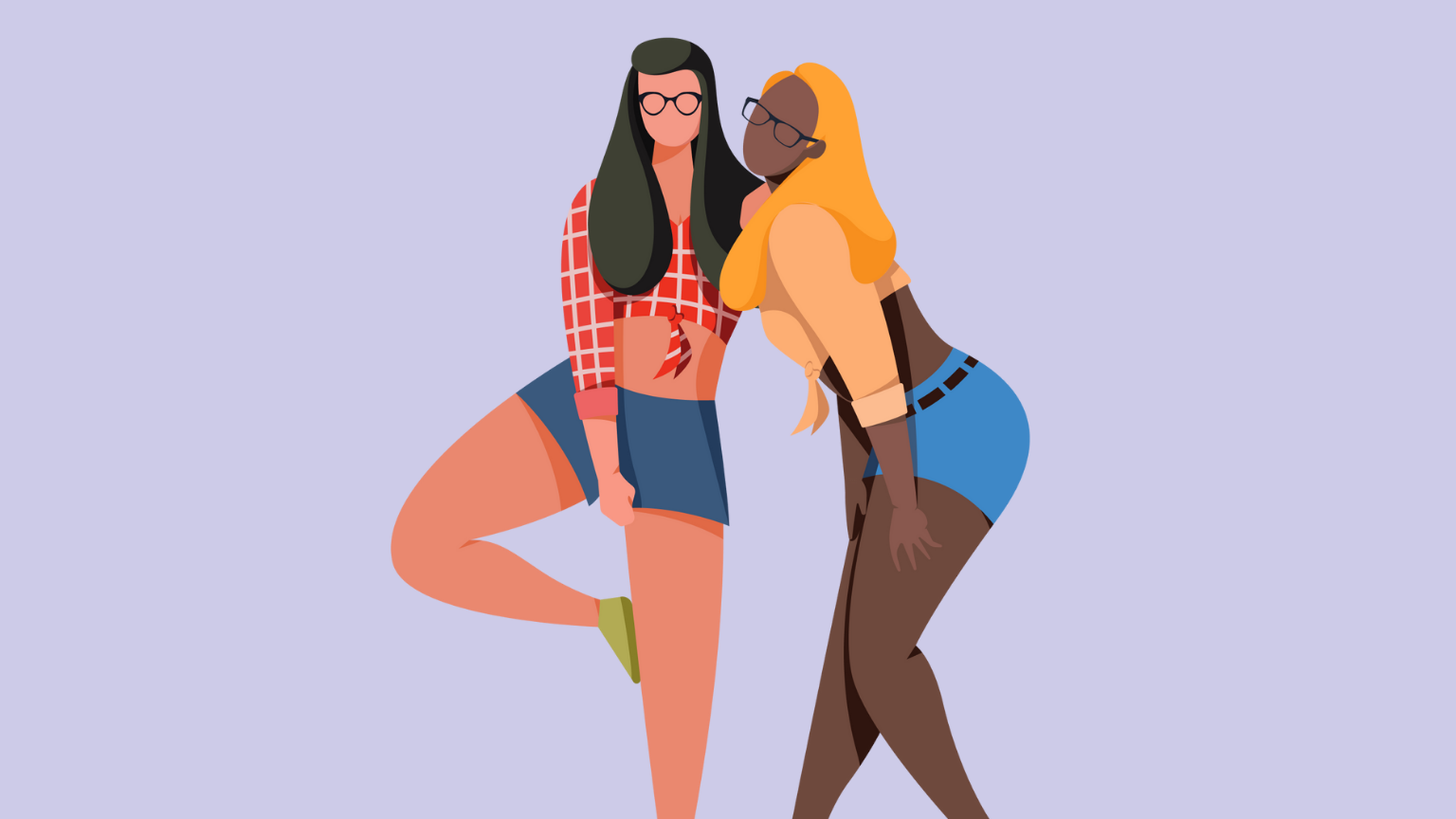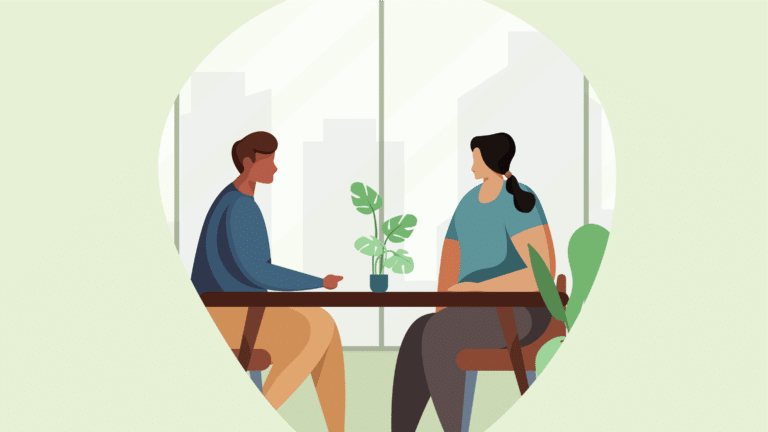In an article for The New York Times, social neuroscientist John Cacioppo explains that this is exactly the point: close friendships are so important to us precisely because they are so difficult to form.
So, how does this work and how do you go about forming a close friendship with somebody?
Why are (close) friendships so important
Friendship is special. Having a deep connection with somebody can add a huge amount of value to our lives and contribute to all aspects of our mental well-being.
Psychologist Eva Rüger explains: “Friendships create a sense of belonging and social support. You have somebody to share your struggles with, but also to celebrate your successes. They contribute to your sense of purpose and happiness, for example through the deep conversations you have and the memories you make.
But that’s not all. “Friendships help us to be more resilient in the face of stress because we have somebody there when we need to blow off steam and they can provide us with distraction. They also help us to deal with significant events in our lives and keep us from feeling lonely.”
So, why is it so difficult to form friendships?
By now you’re probably sold on the idea of friendship, but why is it so difficult to form deep connections with other people? John Cacioppo explains to The Atlantic that one of the causes is evolutionary.
The neuroscientist clarifies that for primitive humans, it was more important to avoid enemies than it was to make friends. If you didn’t trust somebody and they turned out to be okay, then that was all well and good, but seeing somebody as a friend when they were actually an imposter could have cost you your life.
Fortunately, that’s no longer the case, but from an evolutionary perspective, we still have a tendency to struggle when it comes to making friends. So that means you need to put in a little more effort.
What does a close friendship involve?
In order to establish a deep and special friendship with somebody, you first need to know exactly what this entails. And this is a very personal thing, explains Eva. “The things you might value in a friendship vary from person to person. For some people it’s important to have somebody to do fun things with, while others find more meaning in deep conversations.”
Her tip? “Take some time to reflect on your friendships. What do I think are important qualities in a friend? What makes me feel connected to somebody and when do I feel like that?”
Also, consider the extent to which your values overlap with those of the other person. Do you both agree about what’s really important in life? What does that mean in terms of your bond? Our article How to Live Your Values (and Learn More About Yourself in the Process) might help you here.
How can you create more depth and meaning?
A close friendship isn’t something that just happens to you, it’s something you have to cultivate. According to Eva, there are two ways to develop a close friendship. One is by opening up and the other is by listening.
Open up
By sharing your thoughts, feelings and challenges – both positive and negative – with each other, you’ll find that you feel more connected and, simultaneously, it will take a load off your mind. You don’t have to struggle through everything alone and that’s a huge relief. It also helps you to feel more comfortable with who you are because you don’t have to keep all your thoughts to yourself.
You need to have the courage to express your emotions, Eva considers. “This gives the other person the opportunity to empathise with you and helps them to get to know you on a deeper level.”
“We think about relationships as things that happen to us, but the truth is that we make them happen”
– Sue Johnson
Do you find it difficult to open up? Ask yourself what’s holding you back, what you’d like to share, and how you’d like to do it. Talking to a psychologist might help you here.
Listen
On the other hand, it’s also important to be there for your friend, to check in on how they’re doing, and listen to them when they need it. By being empathetic, you’ll create more connection and depth.
“When you listen, try to really listen and understand what they’re saying, instead of just waiting for a chance to reply. Often, we tend to jump straight to giving advice or telling a story, but sometimes people just want to be heard and understood,” advises Eva.
Not sure exactly what the other person is looking for at the moment? “Ask them! Simply say: What do you need right now? Are you looking for my advice or do you want me to just listen while you vent? It’s a small gesture with a major impact.
But take care of yourself too, warns Eva. “If you really want to be there for another person, it’s important that you’re well-balanced and feeling good. If you don’t have the headspace to listen at a particular moment, then be honest about that. For example, let the other person know that you have a lot on your mind and that you’d rather talk tomorrow.”
Check-in with each other
And remember: it’s totally normal if you and your friend sometimes go a while without speaking. Eva says: “There are so many things on our minds and we have a lot we need to prioritise in our daily lives, so people understand that you might sometimes go quiet for a while. But the important thing is you shouldn’t be afraid to reconnect with the people who are important to you.”





